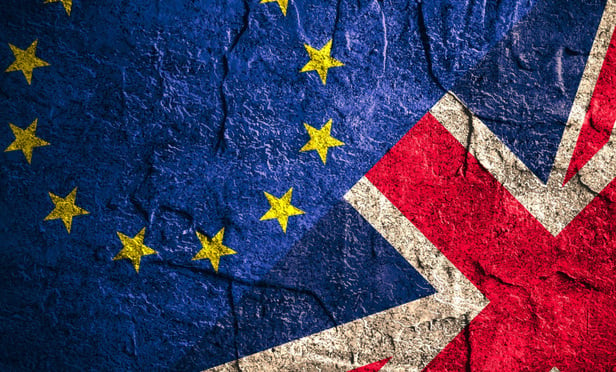Britain voted in favor of leaving the EU at a time when Europe is facing existential threats from an ongoing migrant crisis and the specter of a Grexit, to the geopolitics challenges posed by a newly aggressive Russia. But the Brexit vote also came during a time of transition for the EU’s data privacy laws—the recently approved General Data Protection Regulation (GDPR) will modernize data laws across the continent by 2018, while the pending finalization of Privacy Shield will soon herald in a new paradigm for trans-Atlantic data transfers between Europe and the U.S.
But now that Britain may be on its way out, what does this means for such a transition?
This content has been archived. It is available through our partners, LexisNexis® and Bloomberg Law.
To view this content, please continue to their sites.
Not a Lexis Subscriber?
Subscribe Now
Not a Bloomberg Law Subscriber?
Subscribe Now
LexisNexis® and Bloomberg Law are third party online distributors of the broad collection of current and archived versions of ALM's legal news publications. LexisNexis® and Bloomberg Law customers are able to access and use ALM's content, including content from the National Law Journal, The American Lawyer, Legaltech News, The New York Law Journal, and Corporate Counsel, as well as other sources of legal information.
For questions call 1-877-256-2472 or contact us at [email protected]



